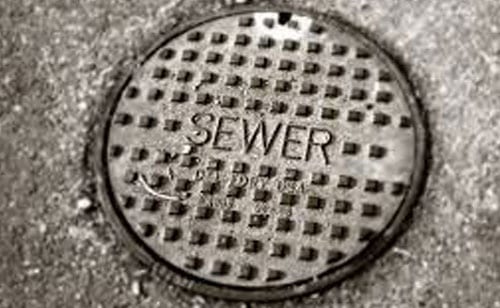
DeKalb County is replacing more than 4,000 vented sewer manholes. The new manholes are completely solid and will block rainwater, storm water inflow and debris from entering the sewer system.
There are more than 65,000 manholes in the county and replacing the manhole covers will help to improve sewer capacity for future projects. In June, the county began replacing the manholes. The project should be completed by the end of the year, officials said.
Preventing sewer overflows is a priority for the Department of Watershed Management (DWM) and the department encourages residents to help prevent sewer overflows by properly disposing of fats, oils and grease (FOG). FOG has been identified as the leading cause of over 60 percent of the county’s sewer overflows.
DeKalb County residents and businesses can help by:
- Never pouring fats, oils and grease down drains or flush in toilets.
- Pouring cooled fats, oils and grease into a sealed container and placing it in the garbage.
- Using a paper towel to clean up excess grease residue left on the inside of pots, pans, and utensils. Be sure to place greasy towels in the trash.
- Placing all food scraps from plates, pots, pans, utensils and any cooking surfaces into the trash for disposal. Residents and businesses with garbage disposals should also place food scraps into the trash.
To date, the county has removed more than 80 tons of sediment and debris from clogged sewer lines in a comprehensive effort to reduce sewer overflows and increase functional sewer capacity. Earlier this year, DeKalb County CEO Michael Thurmond introduced plans aimed at cleaning the sewer system. The project was approved by the DeKalb County Board of Commissioners and is anticipated to take two years to complete and is the first time in 50 years that DeKalb County will clean the sewer trunk lines.
For more information, visit the DWM website at www.dekalbwatershed.com.


![Validate my RSS feed [Valid RSS]](https://web.archive.org/web/20240108205913im_/https://ocgnews.com/wp-content/uploads/2022/07/valid-rss-rogers.png)
